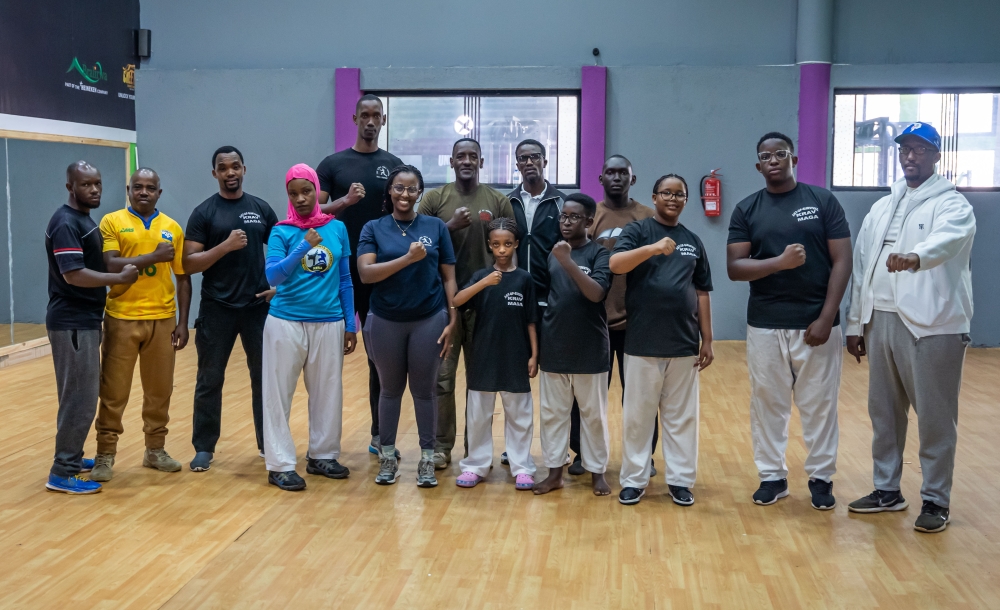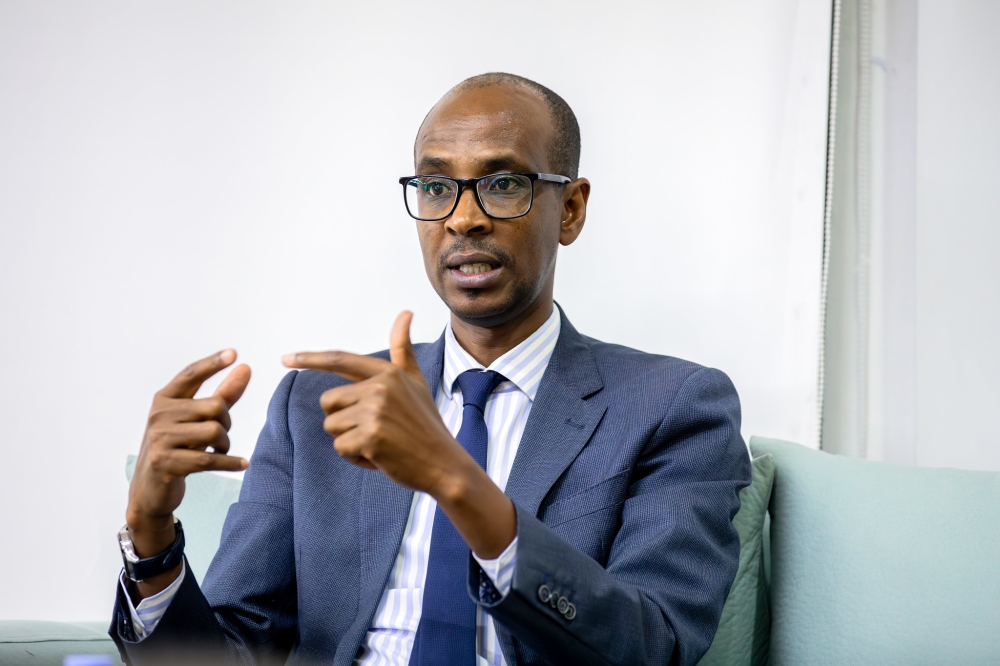The number of people receiving treatment and counseling for trauma following this year’s commemoration of the 1994 Genocide against the Tutsi has risen compared to those treated for the same problem last year.


The number of people receiving treatment and counseling for trauma following this year’s commemoration of the 1994 Genocide against the Tutsi has risen compared to those treated for the same problem last year.
Rwanda Red Cross Society says 231 cases were registered at Kigali Genocide Memorial Centre in Gisozi and Amahoro stadium on the first day of the commemoration alone. Only 180 cases were registered from the two places on the first day of the commemoration last year.
Aid workers said districts reported 20-30 cases on April 7.
"We noticed that over the years parents have learnt to open up to their children, causing increase in trauma cases among the youth,” said Samson Nkiko, the head of community first-aid.
He added that Kigali registered the highest number of cases because a lot of people travelled from up-country to participate in the commemoration.
"People between the age of 15 and 30 are the most affected. People who were born after the genocide find it hard to come to terms with what happened, this is why they get overwhelmed,” he said, adding that the organisation had deployed over 18,000 workers countrywide to help in the exercise.
"We also decided to change the colour of our uniform from red to white, as some people associate the former with blood, hence triggering trauma levels.”
He added that the number of survivors who suffer trauma slightly exceeded that of perpetrators. Nearly all those taken ill and treated, counseled and discharged.
Claver Irakoze, the archives and documentation manager at AEGIS Trust, an organisation that works to prevent crimes against humanity, however noted that over the years, the degree of trauma had moved from acute to mild.
"Most of these survivors have now experienced progress socially and economically, and this in a way has helped erase some memories of the tragic past,” she explained.
Irakoze however said that challenges remained, especially concerning victims who refuse to open up, making it difficult to help them.
Dyrcky Dushime, the head of the Red Cross in Rubavu District, said cases reported had reduced compared to last year.
"On the first day of the commemoration, we received 15 cases, compared to about 60 last year,” she said.
Dushime mentioned that there was need to intensify training of community health workers and other care givers as far as handling advanced trauma cases is concerned.
"We noticed that there are particular people who have repeatedly suffered from trauma over the years, so there is need to avail more speciliased care”.




